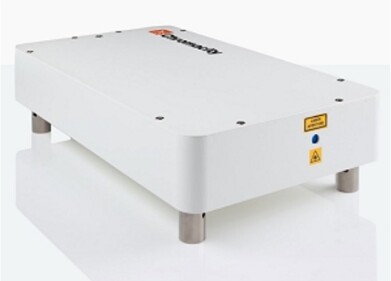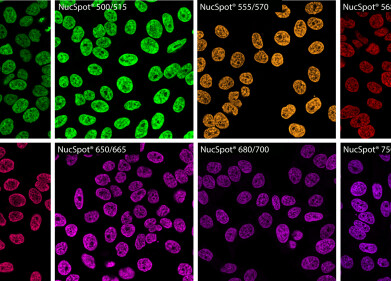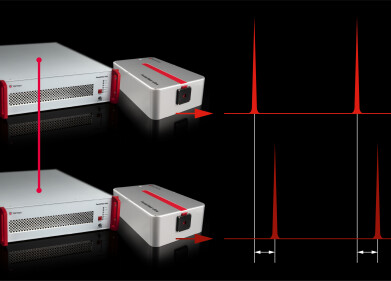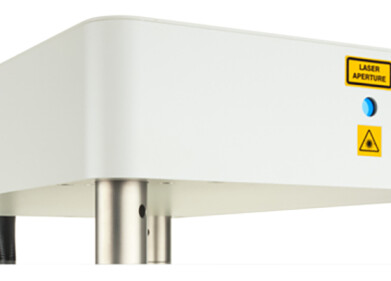-
 The bacterium is commonly found in undercooked meat and soil
The bacterium is commonly found in undercooked meat and soil
Microscopy & Microtechniques
Food poisoning bacteria could 'trigger MS'
Jan 29 2014
Multiple sclerosis (MS) could be triggered by a bacterium that is known to cause food poisoning. US researchers have suggested that clostridium perfringens could be involved in causing MS to develop.
Scientists from Weill Cornell Medical College found that the epsilon toxin, which is produced by a number of different clostridium perfringens strains, caused brain damage in mice that was similar to that caused by MS. This find builds upon earlier research by the same team, which found a strain of clostridium perfringens that produces the toxin within a young woman previously diagnosed with MS.
It is thought that MS is caused by environmental and genetic factors, but scientists have been unable to identify the specific environmental trigger that leads to the disease. Around 100,000 people in the UK alone are affected by the neurological disease. MS affects the central nervous system and causes blood brain barrier (BBB) permeability and demyelination. This is when damage is done to the insulating myelin sheaths of neurons.
There are a number of different strains of clostridium perfringens and they are most commonly found in undercooked meat and soil. It causes many different food-related illnesses amongst people every year, most of which present as food poisoning; causing stomach cramps, sickness and diarrhoea. In rare cases, the bacterium can lead to gas gangrene.
The Type B strain of clostridium perfringens - which was the strain found in the young woman's system from the previous study - produces a toxin that is able to travel through the blood and into the brain. Laboratory testing revealed that the epsilon toxin was able to cross the BBB and kill cells that produce myelin. This is the typical damage that is seen in patients with MS.
Jennifer Linden, lead investigator on the study, said that this finding could help in the development of an antibody of vaccine that could help in reducing the effect of MS, if not stopping it altogether. The team's findings were presented at a meeting of American Science for Microbiology.
Digital Edition
Lab Asia 31.6 Dec 2024
December 2024
Chromatography Articles - Sustainable chromatography: Embracing software for greener methods Mass Spectrometry & Spectroscopy Articles - Solving industry challenges for phosphorus containi...
View all digital editions
Events
Jan 22 2025 Tokyo, Japan
Jan 22 2025 Birmingham, UK
Jan 25 2025 San Diego, CA, USA
Jan 27 2025 Dubai, UAE
Jan 29 2025 Tokyo, Japan


















